Presidential attorney Rudy Giuliani suggested that Special Counsel Robert Mueller should be investigated for destruction of evidence by allowing text messages from now-fired FBI official Peter Strzok and his lover, Lisa Page, to be erased in the Russia investigation.
“Mueller should be investigated for destruction of evidence for allowing those text messages from Strzok to be erased, messages that would show the state of mind and tactics of his lead anti-Trump FBI agent at the start of his probe,” Giuliani said during interviews with Hill.TV.
Giuliani's comments came after the Justice Department said it found large gaps in the preservation of official government text messages between Strzok and Page. The inspector general dubbed it a “collection tool failure." Strzok was removed from Mueller’s probe for sending text messages critical of the president; by the time his and Page's phones were recovered, they’d been reset for others’ use, which the deputy attorney general told the inspector general is standard procedure.
“That should be investigated, damn it, that should be investigated fully. You want a special counsel, get one for that,” Giuliani said.
Giuliani further implied that the erasure was intentional, pointing to the erasure of a Watergate tape by Rose Mary Woods, a secretary to former President Richard Nixon.
“It’s actually worse than Rose Mary Woods,” he explained. “She erased less than 19 minutes of conversation, but the FBI got rid of more than 19,000 messages" between Strzok and Page.
Twitter wasted no time roasting Giuliani's argument.
Although the president and Giuliani have suggested that Strzok's text messages suggest he was supportive of Hillary Clinton's candidacy, Strzok helped write the letter informing Congress that the FBI would reopen its investigation into Hillary Clinton’s use of a private email server while Secretary of State. Strzok wrote what appears to be the first draft of the letter former FBI Director James Comey sent to Congress. CNN obtained emails confirming Strzok’s involvement.
Giuliani also criticized Mueller's decision to allow what he says are false statements from former Trump attorney and fixer Michael Cohen during his testimony before Congress earlier this month.
“He just lied the other day. He told the judge, ‘I was fiercely loyal to Donald Trump.’ No, he wasn’t. He taped him surreptitiously while he was fiercely loyal. He hid it. And he disclosed it," Giuliani said.
Although Giuliani expressed hope that the Russia investigation would end soon, he criticized Mueller for investigating political consultant Roger Stone's communications with Wikileaks about Hillary Clinton's emails, saying that the investigation has moved further afield from its original mandate, "which was collusion which did not occur."
Giuliani also suggested––rather "wryly," Hill.TV notes––that Mueller "needs to investigate himself for obstruction on Flynn like he did my client," a reference to former national security adviser Michael Flynn, whom Mueller recommended should serve no prison time after Flynn sat for 19 interviews with the special counsel’s office which gleaned significant insight on the behavior of Trump’s transition team.
He even touched on the controversial Christopher Steele dossier, saying that the special counsel's office should be investigated for using a “piece of garbage" to justify search warrants on a Trump associate without telling courts that it was commissioned by Hillary Clinton and the Democratic Party.
“Do I think that is improper? Yeah, that borders on, that sounds to me a lot more like a false statement than some of the ones they charged,” he said.
Giuliani's remark once again raised one of the president's favorite talking points.
Earlier this year, the much-debated Nunes memo, which alleges abuses of covert surveillance powers by the FBI, incited a debate as to whether its contents would vindicate the president. Multiple members of Congress, including Representative Trey Gowdy (R-S.C.), himself a member of the House Permanent Select Committee on Intelligence, disagreed.
The Nunes memo has fueled suggestions from members of the far right that the “rumor” of the Trump administration’s collusion with Russian operatives first began to make waves after Hillary Clinton’s campaign commissioned the now infamous dossier––as part of its own collusion with the FBI. In fact, that suggestion mischaracterizes the dossier. Its existence is significantly more complicated than that.
President Trump has continued to insist that the controversial dossier containing allegations of collusion with the Russian government compiled by former British intelligence agent Christopher Steele was not just “disproven” but “paid for by Democrats.” Earlier this year, Senator Dianne Feinstein (D-CA) released the unclassified transcript of the interview last August by Judiciary Committee members with Glenn Simpson, a founder of the research firm Fusion GPS, which the Clinton campaign retained to do opposition research on Trump. Simpson’s testimony indicates that Steele was so disturbed by his discoveries that he chose to alert the FBI.





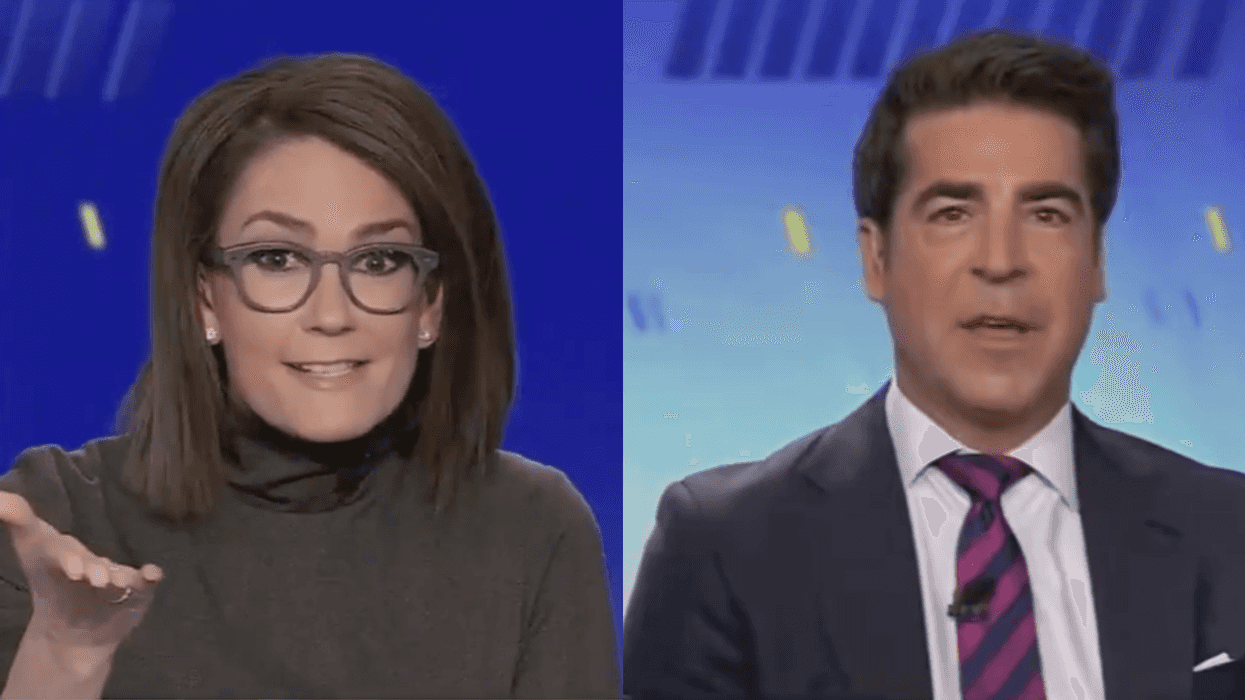

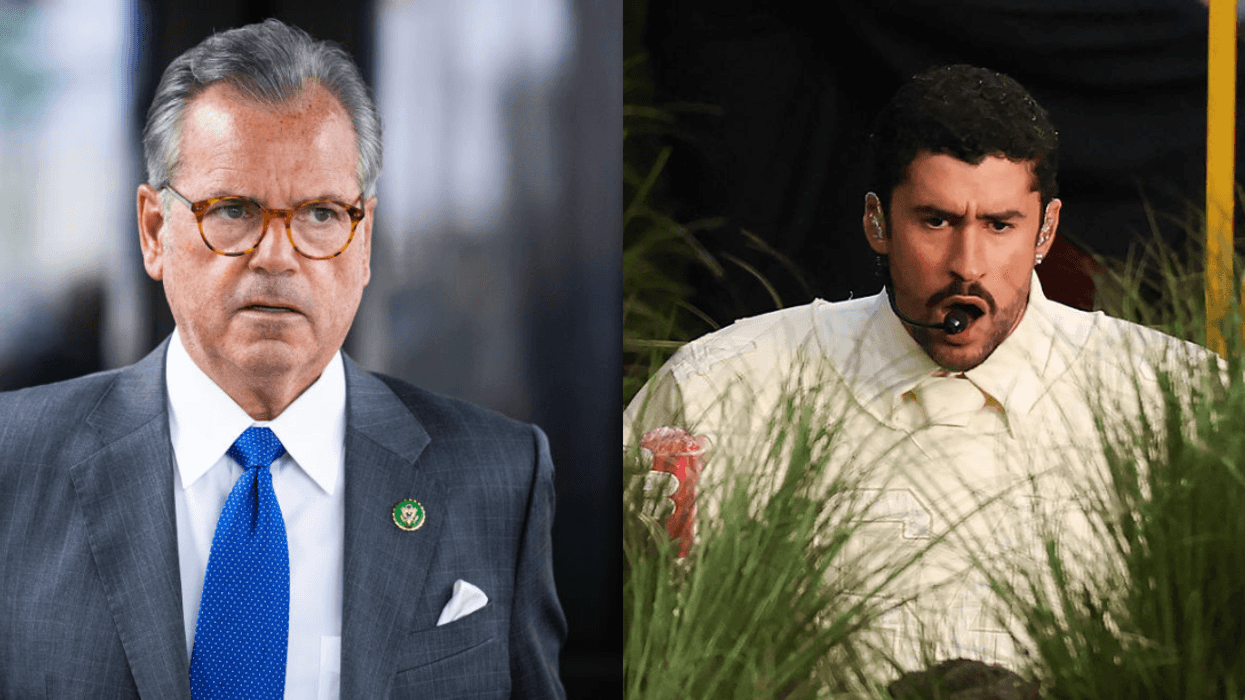





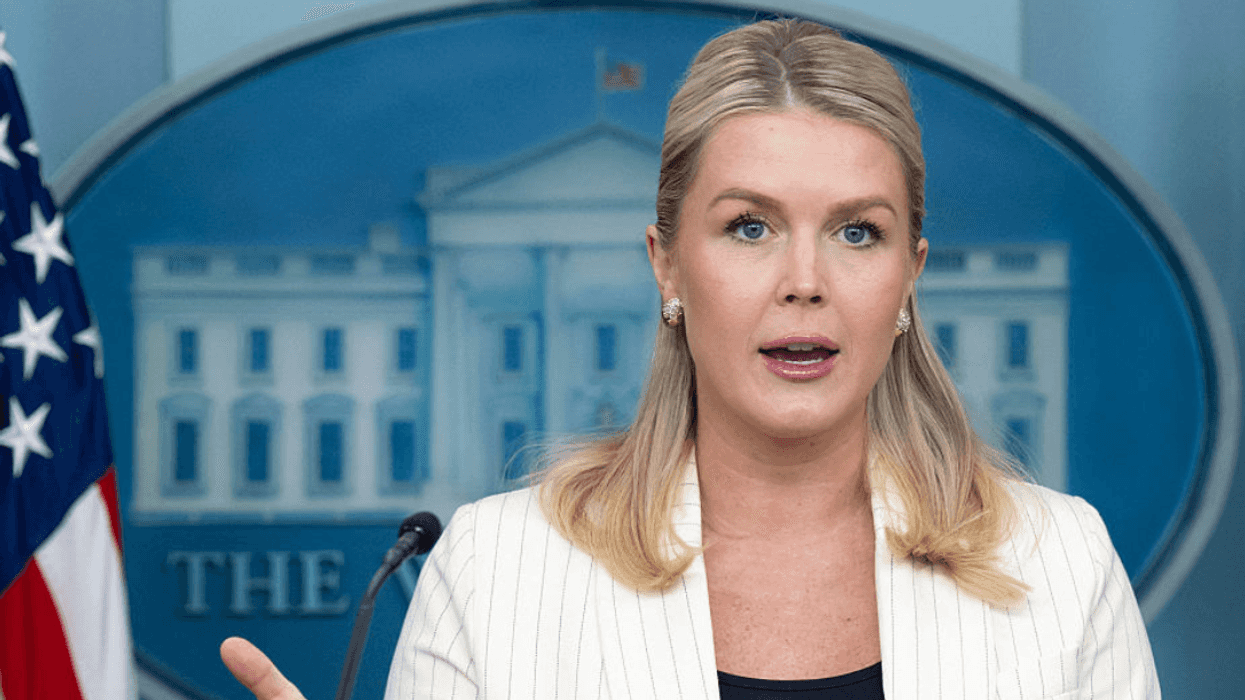
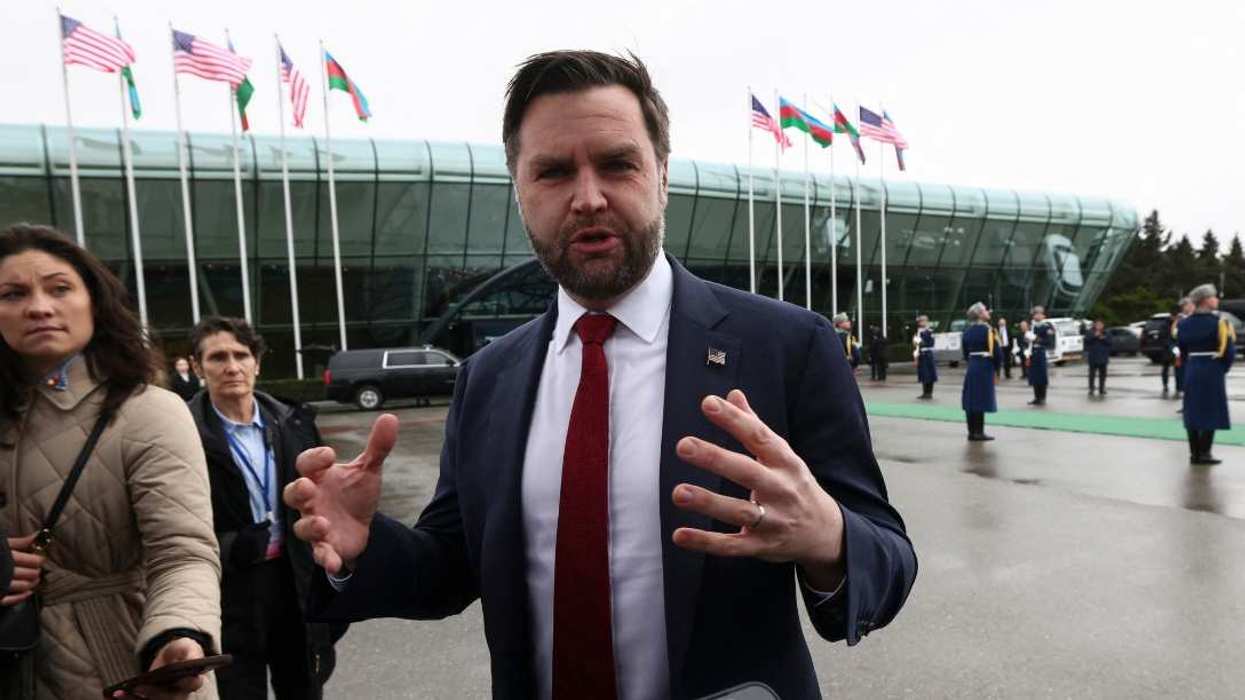
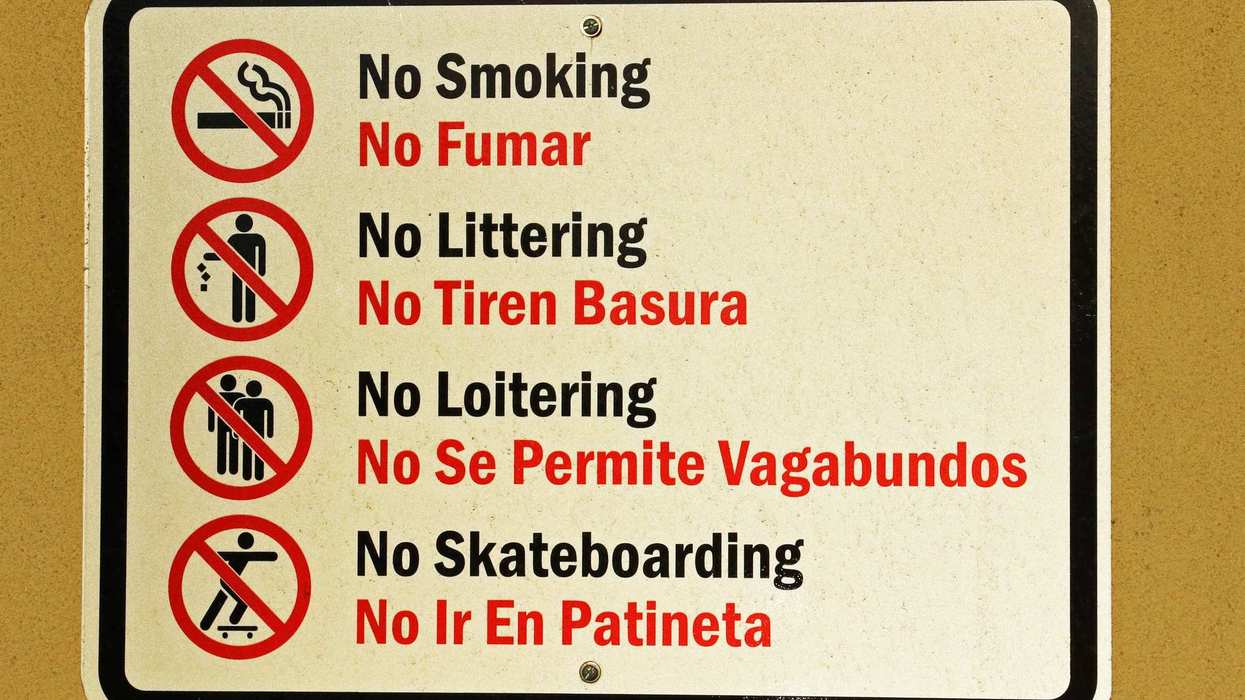

 @TheSilencer345/X
@TheSilencer345/X @5NYCCOM/X
@5NYCCOM/X @JerryNeff11/X
@JerryNeff11/X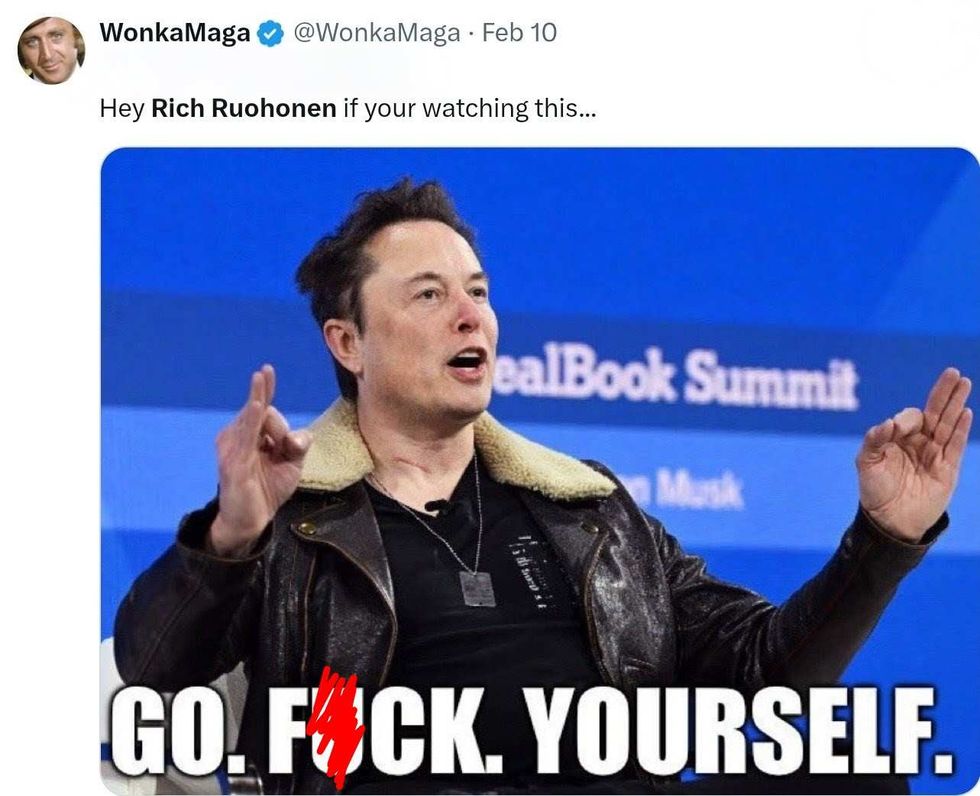 @WonkaMaga/X
@WonkaMaga/X @WallStreetMav/X
@WallStreetMav/X @BostonSportsHb/X
@BostonSportsHb/X